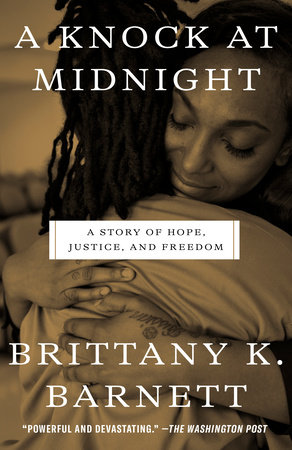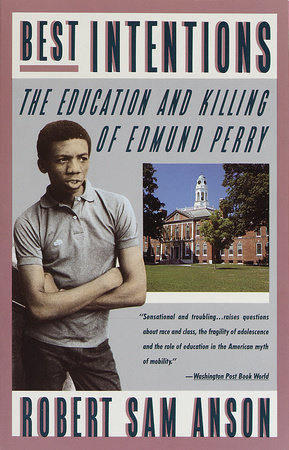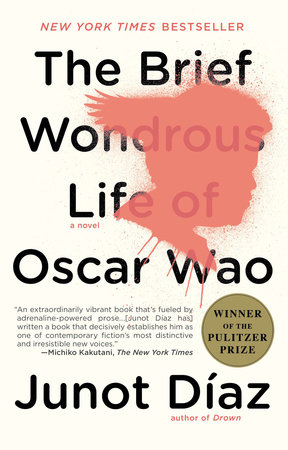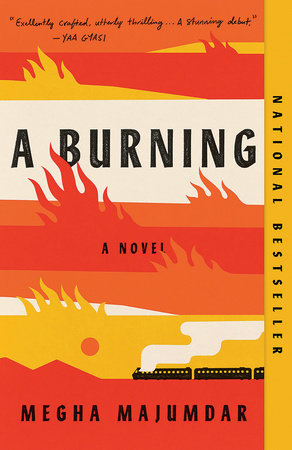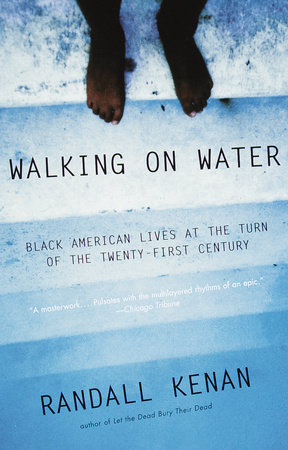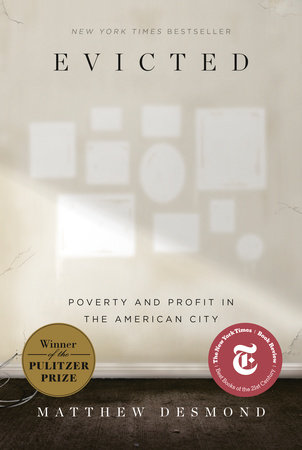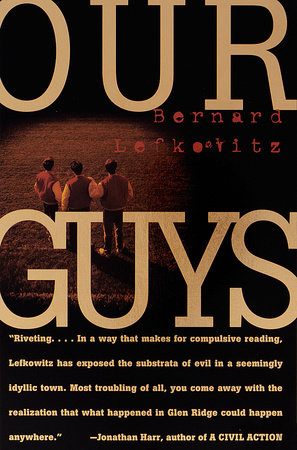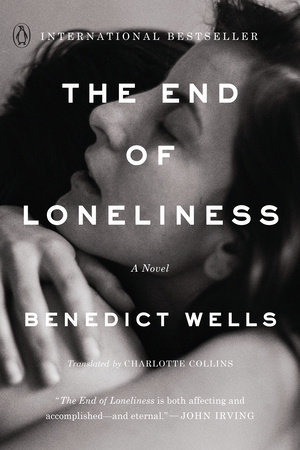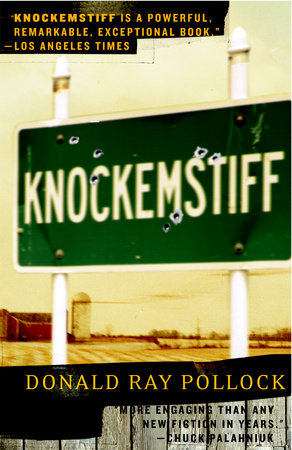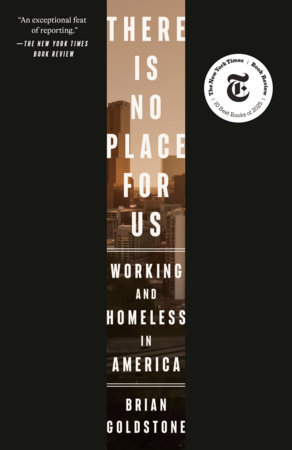“For a young lawyer, Brittany Barnett has a lot of war stories. In A Knock at Midnight, Barnett’s engrossing memoir, most of the stories involve Black women who are casualties of the war on drugs. . . . [Barnett’s] vignettes about the lives of women in the ‘New Jim Crow’ era are powerful and devastating.”—The Washington Post
“A Knock at Midnight isn’t your ordinary memoir. It carries the force of urgent action, and it calls attention to sentencing laws that must be read to be believed. Most important, it bears the toil and triumph of freedom hard won. That’s a quality that readers will have a hard time taking for granted after reading these pages.”—Houston Chronicle
“A Knock at Midnight is a book that is just right for this smoldering moment, a memoir that offers an irresistible invitation to examine the evolution and the impact of injustice in America.”—Michele Norris, contributing columnist at The Washington Post and founding director of The Race Card Project
“With a penetrating honesty, Brittany K. Barnett masterfully unlocks the mysterious doors of the prison system, revealing a long tradition of racial injustice and inequality. In the spirit of great films like Ava DuVernay’s 13th, A Knock at Midnight is both an educational tool and a call to action that will leave readers enlightened and inspired for years to come.”—Shaka Senghor, author of Writing My Wrongs
“Brittany is a first-rate storyteller. With heartfelt clarity and conviction, she delivers a powerful story of courage and hope, along with a good dose of the messy truth about our nation’s broken criminal justice system. America desperately needs stories just like this one.”—Van Jones, CEO of REFORM Alliance, CNN Host, and New York Times bestselling author
“A riveting memoir of injustice, resilience, and hope.”—Booklist (starred review)
“A welcome new addition to . . . books about the critically flawed U.S. legal system . . . Considering her youthfulness, [Brittany] Barnett has accomplished more reform than most individuals could accomplish in two lifetimes.”—Kirkus Reviews (starred review)
“This is an essential read for anyone seeking to understand the devastating effects of mandatory drug sentencing and looking for inspiration to seek change.”—Library Journal (starred review)
“An engrossing legal drama complete with wrenching reversals and redemptions, this account richly humanizes defendants while incisively analyzing deep flaws in America’s justice system.”—Publishers Weekly (starred review)
